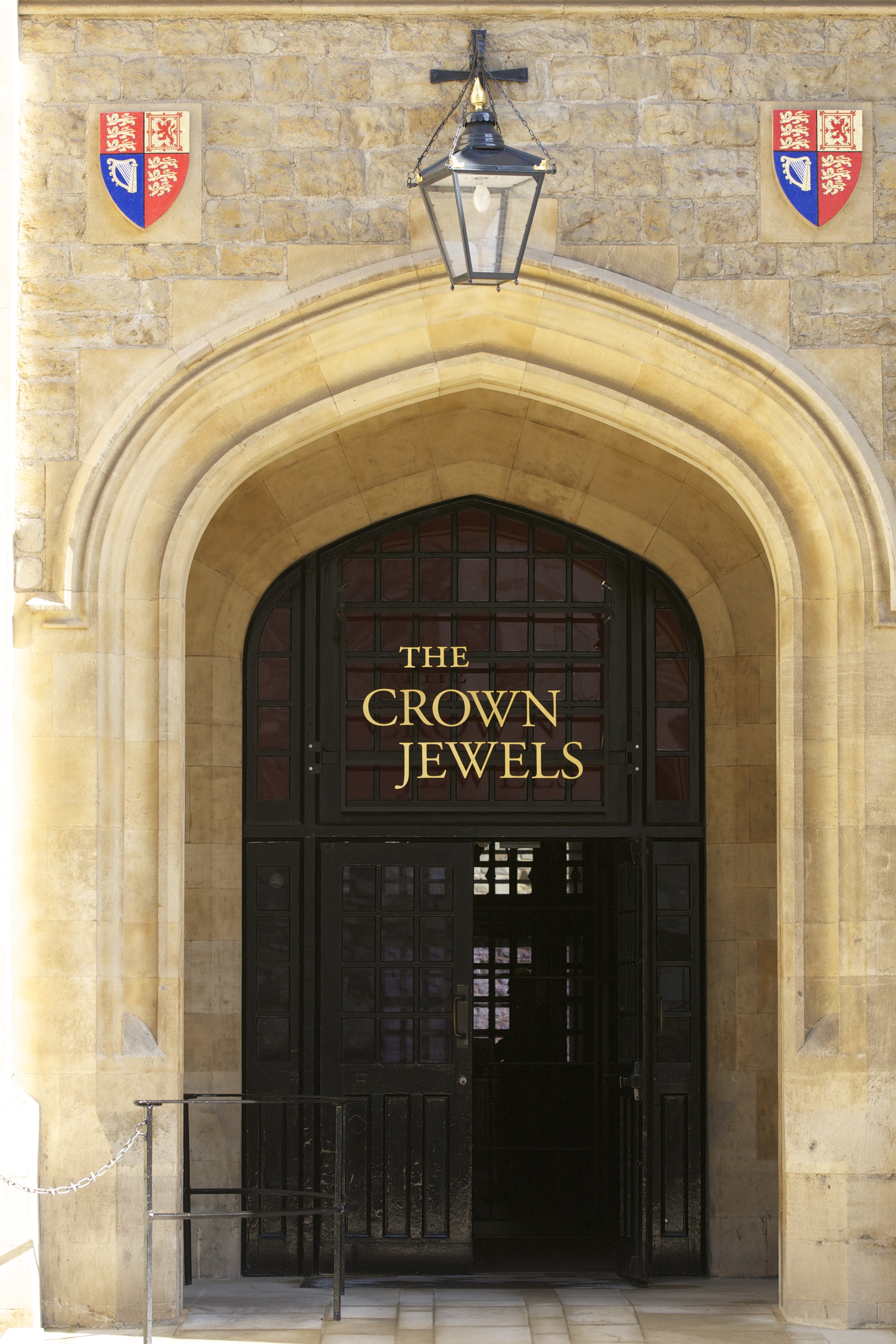"What made us friends
In the long ago
When first we met?
Well, I think I know.
The best in you and the best in me
Came together and seemed to agree
That always and forever, since time began
Our friendship was part of a bigger plan."
Henry Wyatt and Henry VII were friends like the two in the above lines.
It's unclear when and how the two men became friends.
Henry Wyatt was a baby in 1460.
His early life was not overly privileged, nor was he underprivileged.
Another thing he was not was a first-born son; he came along after that lucky guy.
| SO UNFAIR!! I'M JUST AS CUTE AS HIM! |
Often, excepting that lucky first-born guy, the following sons were given no guarantees; life was tough and times were hard.
So, welcome to the world, Henry Wyatt.
For a low(ish) born gentleman but not nobleman, Henry Tudor (pre-Henry VII days) may have seemed like the best star to whom Henry Wyatt should hitch his wagon.
Richard III was pretty much of a psychopath and managed to get his torturing hands (figuratively speaking) on Henry Wyatt after a little revolt involving the Duke of Buckingham.
Legends of Henry Wyatt's time spent as a prisoner under Richard III's thumb include these:
- he had his face twisted with metal torture pinchers called 'barnacles'
- he was left to starve pretty much in the Tower of London until a kitty cat, looking to share a little body heat on a chilly night jumped into his cell from outside - Wyatt let the cat warm up by sleeping on his chest, cat brought him pigeons to eat afterwards
- he was put on the rack and severely beaten as well
- Richard III asked him why he did not renounce his loyalty to Henry Tudor and end the torture and Wyatt is supposed to have replied he'd have done the same for Richard III if he served Richard III but he didn't; no apologies, though so, keep that torture coming.
 |
Henry Wyatt's rise was as one of the non-noblemen with whom Henry VII surrounded himself once he'd claimed the throne of England.
Henry VII's philosophy was, keep your chosen friends close, make sure they have absolutely no blood claim to your throne, and tax the rest of the bastards so hard they can't do anything except pay taxes and deal with their financial-situation stomach ulcers.
As Henry Wyatt was Henry VII's friend and had shown ridiculous levels of loyalty to him while Richard III was king and Henry VII had been just plain Henry Tudor in exile in Brittany, Henry VII rewarded him.
Like, rewarded him in the way only a king of England could do.
As soon as Henry VII had scraped Richard III's blood off his shoes on the entry mat to the castle, he sent word that Henry Wyatt was to be sprung from his unfortunate incarceration and give him a job - say, Controller of the Mint.
 |
| "New job? Check. New castle? Sah-WEET! Thanks, Henry VII!" |
By 1490 Henry Wyatt was Master of the King's Jewels (imagine being able to look at alllllll that sparkly!)
 |
| That? That's the door to my office: Henry Wyatt. |
 |
| "Well, sure, it needs a little tweak here and there - nothing major" - and other lies realtors tell. |
Henry Wyatt, who like his friend Henry VII, was a numbers guy and an 'on-schedule' guy.
The repairs and restorations that took place at that time have been credited to Henry Wyatt's son - but it seems likely that Henry Wyatt was the foreman with the clipboard getting that remodel done right.
In 1494, Henry VII named Henry Wyatt as the co-executor of his will.
That's quite a responsibility; also, quite an honor.
By 1502, Henry Wyatt was ready to get married.
(I've seen reports that he had two wives as well as reports that list only Anne Skinner as his wife. Note to self: look into that!)
He married Anne Skinner and the couple had a baby boy, Thomas, born in 1503/4 at Allington Castle (awesome nursery remodel, Anne! so jelly!) and as fair and smart and athletic and all-around cool kid as anyone could hope for in their first born son.
When Henry VII died in 1509 and his red-haired seventeen year old son Prince Henry was promoted to Henry VIII, Henry Wyatt served the new king with the same dedication and respect he'd shown his friend, Henry VII.
In 1512 Henry Wyatt became Joint Constable of Norwich along with someone who's name might ring a bell for you - Thomas Boleyn.
While it's too early to tie that to the king's future ties to the Boleyn family, it does show that the devotion Henry Wyatt showed the Tudor family was appreciated and rewarded by Henry VIII - who had no qualms about tossing out anyone he didn't like from his father's reign.
Henry Wyatt was a lifelong courtier.
He had royal lodgings at the Royal Palace - guaranteed - as he was a Select Body of the Privy Council.
(Doesn't that sound impressive? What it really means is: he listened to the complaints of the King's subjects - dear God. Like working at the DMV.)
To be granted rooms at court was an incredibly good deal - and even rooms that you had to share with a stranger were very much sought after by all the
As Henry Wyatt had royal apartments, not just a shared room, or even a single room. Several connecting rooms with service - now, that's a guy who has the attention of the King.
In later years, when the monasteries were dissolved under the new religion, Henry Wyatt was rewarded with some of these lands and buildings.
He created the Henry Wyatt Chantry with those properties; now, I'm curious as to whether he set them up as churches he funded to keep religion available to the faithful, or, as the meaning of the word 'chantry' can also be buying masses to save one's soul, it was more about buying masses to make sure he got to heaven.
In 1536, a year in which the King of England nearly died when his armored horse fell on top of him; the Queen of England miscarried the deperately-needed son for the realm, the Queen and five of Henry VIII's friends were executed for treason, and when Wyatt's own son was jailed right along with them (but was freed, unhurt) Henry Wyatt had finally had enough and headed home to Allington Castle, where he died in November.
As loyal friends go, there was none more loyal to the first Tudor to sit on the throne.
And in response, that first Tudor king was loyal right back to Henry Wyatt.
Both men had an appreciation for the importance of accounting; Henry VII's ruthless taxation of the nobility didn't seem to have tarnished Henry Wyatt although both men worked together on the daily ticking and footing of accounts.
Henry Wyatt was loyal and not even torture broke his loyalty to his friend.
'Our friendship was part of a bigger plan . . . '
 |
No comments:
Post a Comment